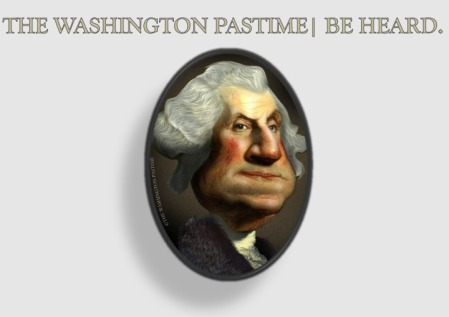Urban fantasy is an offshoot of Fantasy and one that is oftentimes difficult to define, considering its own varying subsets. Despite that, it does possess a number of standard traits. Supernatural beings and regular humans coexist in some fashion, and there is usually friction between the two. The supernatural elements come from bits and pieces of folklore, fairy tales, and myths. Urban fantasy stories, more often than not, take place in a city, real or imagined. Themes tend to be gritty and provocative, touching on social issues, politics, pop culture, and sub-cultures. Narrative styles in this genre are constantly evolving, but usually the voice has a distinctive personality; it is edgy, cynical, spunky, and witty.
The setting is important, but whatever city you choose it is important to remember that this location is more than just a backdrop or stage for your characters to glide through. A city in urban fantasy is a character by its own right, with personality and a pulse. Give your characters and readers something they can interact with. Fill it out with grit, rough-hewn seams, raw and ragged edges; steam and smog; pavement, brick, steel, and glass. If you want to make it smooth and light, dingy and grim, colorful and lively, or all of the above, then go for it. No matter what you do, skimping on details is not a good idea. Use all your senses and infuse them with your descriptions. Your cityscape needs touch, taste, sound, sight (visuals). Give your readers a world they can immerse themselves in. Despite the word “fantasy” in this genre’s name, the world you create ought to feel real. The city should also reflect its inhabitants, and the characters, in turn, should be reflections of their home in the way that they talk, walk, dress, and—yes—smell. Both city and characters share a symbiotic relationship: they react to each other, be it in positive, negative, or neutral ways. Characters aside, if you want your city to have fantastical elements in the way it operates (i.e. culture currency, food, slang, fashion), make that clear as soon as possible, especially if they are essential to mapping out this world.
When we talk about urban fantasy, the fantastical characters you come across are usually plucked from the big and wide umbrella category known as the supernatural. There is much to choose from, so it can be a bit overwhelming, but be fearless and dive right in. Supernatural characters include ghosts, spirits, extraterrestrials, and psychic phenomena; God/gods, demi-gods, angels, demons, and fallen angels; fairies, sprites, and elves; shapeshifters, werewolves, vampires, jinn, and and on and on. The earth is rich with infinite, rich sources of folklore, fairy tales, and myths from which to glean your characters. However, do not forget to do your research. Explore and experiment all you like, but you need to know your lore and be mindful of the cultures they stem from. Keep track of the lore and how you use it in your writing. Keen readers will be keeping track, and one discrepancy too many might pull them out of the story and lose a fair bit of faith in your writing.
While fantastical characters in urban fantasy co-exist in some way with the “normies” (non-magical, standard, normal human beings), as I like to call them, it is best to establish levels of awareness sooner than later. In other words, are the normies aware of the fantastical world? Does the fantastical world exist behind some kind of barrier? Is that barrier common knowledge to both parties? Or, does everyone live together and interact with one another in the same world on the same plane? If your normies and non-normies share the same space, then you can have a werewolf who runs a coffee shop and tends to his backyard garden in his spare time. There might be a vampire who teaches night classes at a local university. The possibilities are pretty endless, so have fun! Be creative and daring when shaping your characters. A good idea would be to keep a notebook stuffed with lore, sketches, doodles, illustrations, and character outlines and back-stories. This will help you keep track of details and make them easily accessible while you write. Another suggestion is to give your characters, human or otherwise, flaws so that they may have opportunities to challenge themselves and be challenged. Well-written flawed characters are more interesting to read and add depth to the narrative. They also inspire readers to question how they view themselves and the world.
Should urban fantasy be your genre of choice, please remember this: climb out of that box and run into the wilds beyond. Don’t be afraid to let go and explore. Be inspired by others, yes, but don’t let all uniqueness submit to convention. A downside of this genre is the boilerplate trend—copycat storylines, themes, and characters. Don’t let your work be another link in the fast food chain of fads. Set up shop and be the chef. Take a standard dish and toss in your own combinations of flavors. Challenge yourself. Be bold. Be brave.




